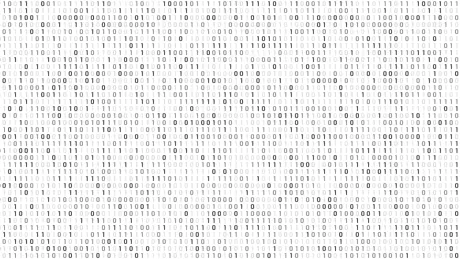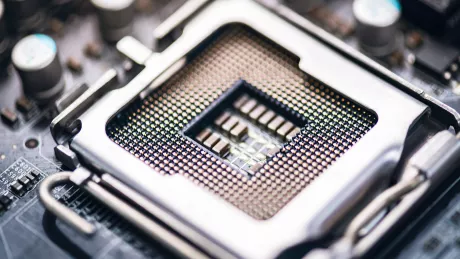Bundesdruckerei and Q.ANT Present Quantum Chip Demonstrator
27 June 2023 – Quantum computing will open up a great many applications. These processors, which are extremely powerful thanks to quantum effects, could also resolve complex problems in federal and public administration institutions in future. Bundesdruckerei GmbH has been collaborating with the Stuttgart-based high-tech start-up Q.ANT since 2022 as part of a research development contract.
Application of Quantum Technologies: Simulation of Random Numbers
The focus of the collaboration is on the testing of quantum technologies for various application scenarios. The first milestone of this cooperative effort is a quantum chip demonstrator, which will be presented to the professional audience at this year’s World of Quantum from 27 to 30 July 2023 in Munich. To produce the demonstrator, first generation Q.ANT chips were assembled into a processor. In a functional test, a system was developed to simulate random numbers. Such random number sequences are difficult to generate and can be used to encrypt data, for example. The system meets the test criteria of the US National Institute of Standards and Technology (NIST) and could provide another secure source of random numbers in addition to conventional physical generators.
Controlling Light and Quantum Effects Thanks to Optical Waveguides
Q.ANT relies on its own technology platform for the quantum chips. The central components of the chips, called optical waveguides, enable light and quantum effects to be controlled in a highly integrated form. This in turn is a prerequisite for bringing quantum technologies out of the labs and into everyday products. To construct the chips, Q.ANT uses a material system that connects the electronic world – based on silicon – with the photonic world. In this system, very thin layers of lithium niobate are deposited on silicon and then structured to form optical waveguides. Lithium niobate is now regarded as a possible key to future photonic quantum computing.





